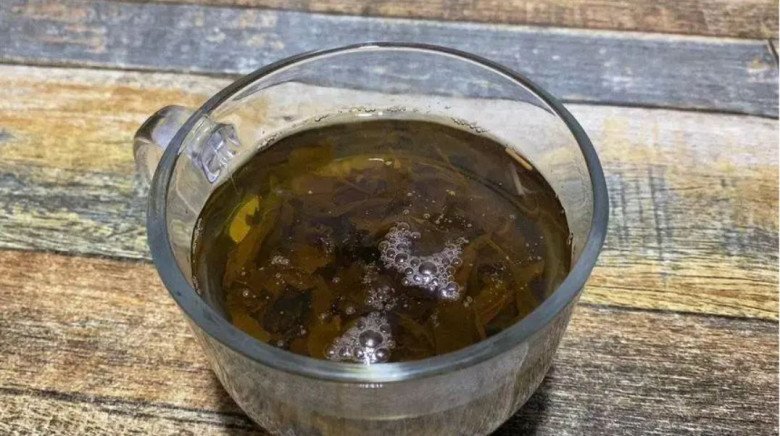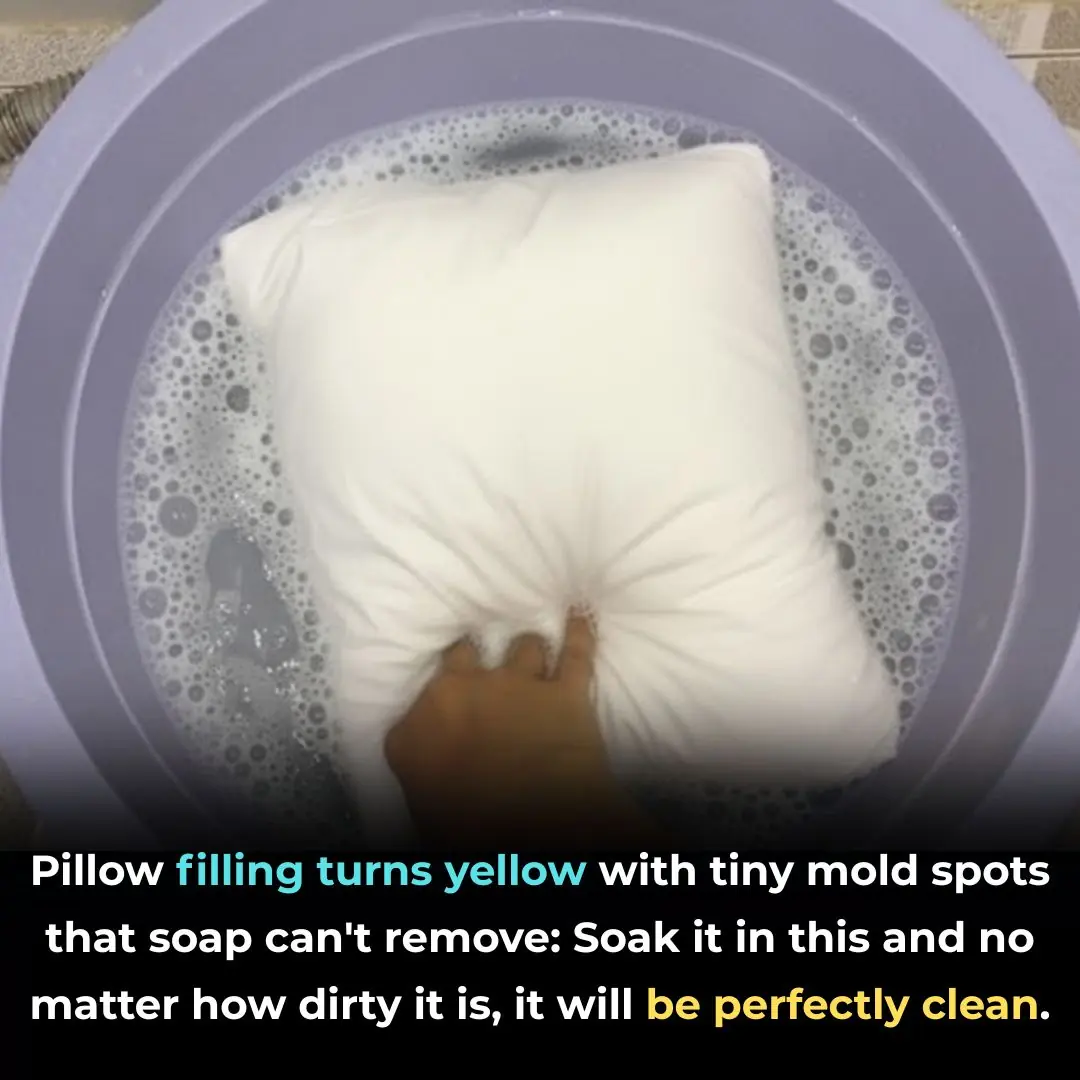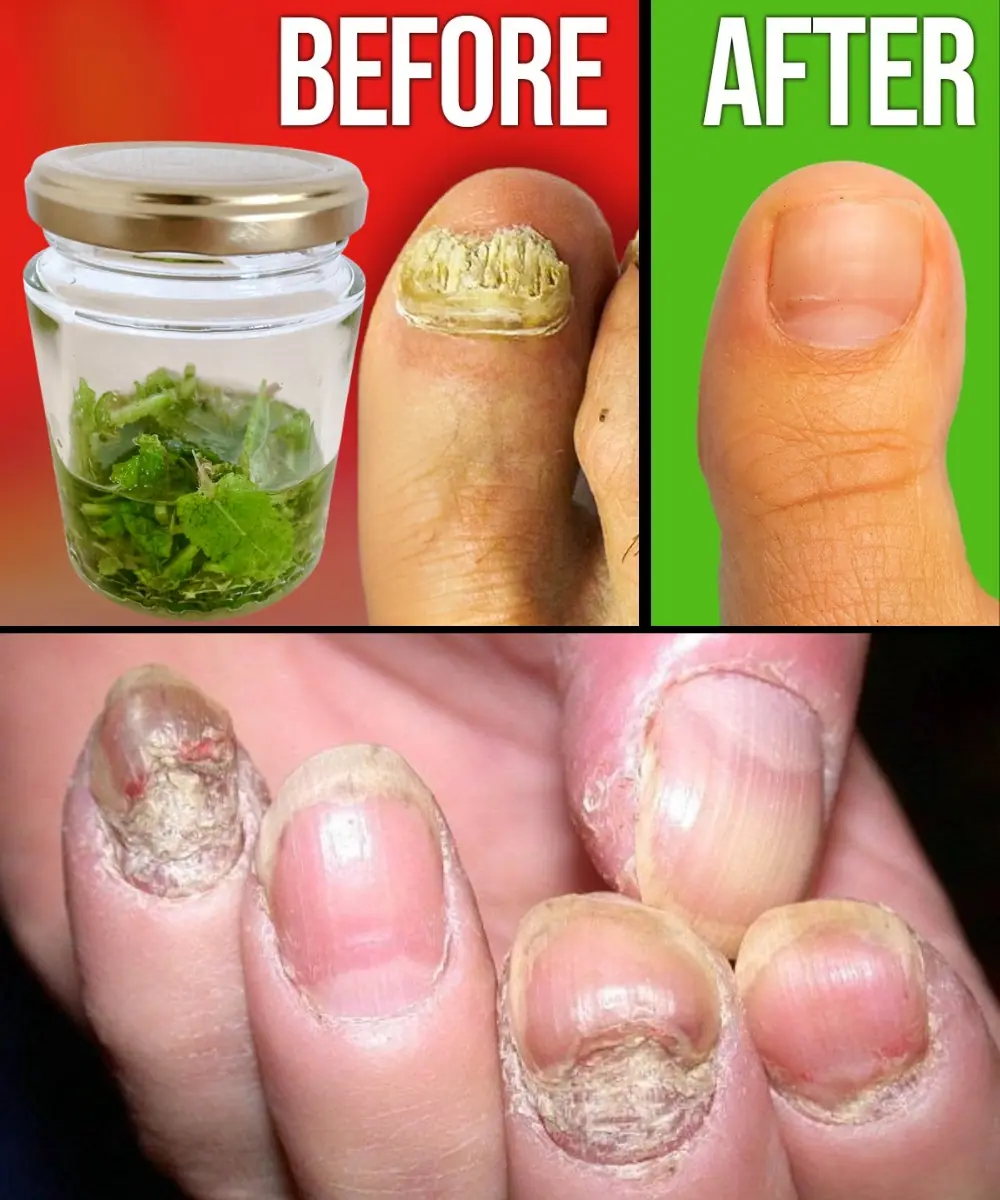
Don’t Throw Away Leftover Tea! Overnight Tea Water Has Many Surprising Uses Around the House
Most people pour away leftover tea without a second thought — after all, tea that’s been sitting overnight isn’t safe to drink anymore. However, what many don’t realize is that overnight tea water can actually be a useful household helper in ways you probably never imagined.
Let’s explore how something as simple as yesterday’s tea can help you clean, deodorize, and even care for your plants — saving both money and waste. 🍃
☕ Why You Shouldn’t Drink Overnight Tea

When tea sits for too long, it releases more tannic acid and caffeine, which makes it taste bitter and unpleasant. These compounds, when combined with stomach acid, can form precipitates that irritate the stomach lining and reduce the absorption of iron.
Moreover, after several hours at room temperature, especially overnight, bacteria may begin to grow in the tea — so drinking it could potentially harm your health.
That said, while you shouldn’t drink it, you absolutely shouldn’t throw it away either. Used properly, it can become a powerful and eco-friendly cleaning and gardening tool.
🌼 1. Watering Plants and Flowers
You can repurpose overnight tea as natural plant food. Tea contains nitrogen, phosphorus, potassium, and trace minerals — essential nutrients that promote healthy plant growth and strong roots.
Caffeine and polyphenols in tea also have mild antibacterial and antifungal effects, helping to prevent plant diseases and repel insects.
👉 How to use it properly:
-
Always dilute the tea with water in a 1:10 ratio before watering. Using undiluted tea may make the soil too acidic and harm your plants.
-
Pour the mixture near the roots, avoiding direct contact with the leaves.
You can also use tea leaves to make an organic fertilizer:
-
Put used tea leaves into a sealed container.
-
Add a bit of water and a spoon of microbial enzyme or yogurt to promote fermentation.
-
Leave it under sunlight for 30–45 days.
-
Strain and dilute the liquid before watering your plants.
This homemade fertilizer will make your flowers and indoor plants lush, glossy, and vibrant — all with zero chemicals.
🌱 Tip: Don’t overuse tea water. Too much can lead to mold or overly acidic soil. Once a week is enough.
🍽️ 2. Cleaning Greasy Dishes
Overnight tea makes a surprisingly effective natural degreaser. The tannins and theophylline compounds in tea help break down oils, remove odor, and cut through stubborn grease.
Just soak your dishes in leftover tea for a few minutes, then wash as usual. You’ll notice the oil stains dissolve more easily, leaving dishes shiny and odor-free — all without harsh detergents.
🌿 Eco bonus: This is a gentle, environmentally friendly alternative to chemical dish soap, ideal for those with sensitive skin.
🧊 3. Eliminating Odors
Leftover tea is also a natural odor absorber. Its polyphenols and porous tea compounds can neutralize unpleasant smells in confined spaces.
-
In the refrigerator: Place a small bowl of overnight tea on a shelf overnight. By morning, the musty odor will be gone.
-
In trash bins: Pour leftover tea into a spray bottle and mist the inside of the bin to remove lingering smells and reduce bacteria buildup.
You can even soak old tea leaves in vinegar for a day, then use the mixture as an all-purpose deodorizing spray.
🪵 4. Polishing Wooden Furniture
The tannins in tea have a natural cleaning and polishing effect, making overnight tea perfect for refreshing wooden furniture.
Simply dip a soft cloth in the tea and wipe the surface gently. It removes dust, restores shine, and helps conceal minor scratches.
💡 Bonus: Regularly wiping wooden tables or cabinets with diluted tea also helps repel insects like termites and ants.
😷 5. Mouthwash and Skin Relief
Don’t underestimate the power of tea for personal care!
-
For fresh breath: Before brushing, swish overnight tea in your mouth for 10 seconds, spit it out, and repeat 2–3 times. The antibacterial tannins help neutralize odor-causing bacteria and leave your breath fresher.
-
For itchy skin: Dab warm leftover tea on itchy or irritated areas. The fluoride and antioxidants in tea can soothe inflammation, reduce itching, and prevent eczema or minor infections.
This makes tea not just a drink, but a gentle, natural remedy for daily self-care.
🌸 Final Thoughts
It turns out that overnight tea isn’t just waste — it’s a hidden household treasure. From feeding plants to cleaning wood, deodorizing your fridge, and even soothing your skin, tea can be repurposed in countless ways.
By reusing tea water instead of pouring it down the drain, you not only save money but also reduce waste and protect the environment. So next time you forget your teapot overnight, smile — because that simple cup of tea just became a versatile tool for your home. 🍵✨
News in the same category


Burn a Few Garlic Bulbs in the House — The Incredible Benefits Every Family Will Want to Try

Homegrown Tomatoes Ripening Naturally? Try These 5 Preservation Methods to Enjoy Them All Year Without Spending a Dime at the Market

Keep Your Shrimp Fresh This Lunar New Year: Follow These Steps to Keep Shrimp Fresh, Firm, and Delicious for a Whole Month

Stop This Dangerous Habit Before Your Phone Explodes!

Objects That May Be Harming Your Health Without You Noticing

Household Items That Quickly Get Damaged If You Clean Them with Dish Soap

You are doing it all wrong. Here's the right way to eat eggs

My nana taught me this hack to get rid of puffy eyes in 2 mins with 0 work. Here’s how it works

How to Grow Papaya in Pots: Heavy Harvests of Big, Sweet Fruit

Save Millions of Dong in Electricity Bills Each Year by Cleaning This Hidden Part of Your Rice Cooker

4 Ways to Cook Chicken Without Using Water

Today I Learned How to Use the Detergent Drawer on a Washing Machine—No Wonder My Clothes Weren’t Getting Fully Clean

My nana taught me this hack to get rid of grill gunk in 4 mins with 0 work. Here’s how it works

Most do this wrong: 10 things you're over-washing

Pillow filling turns yellow with tiny mold spots that soap can't remove: Soak it in this and even heavy dirt will come out spotless

Put the stone into the rice cooker: The rice becomes delicious and sticky, stays good for a long time without turning red.

Natural substances in honey when consumed in the morning help detoxify the body and are effective for weight loss.

Boil bananas for a week and eat them before meals, and something surprising will happen.
News Post

Red Onion for Instant Blood Sugar Drop: A Kitchen Secret Few Know

Discover the Secret of “Rompe Fungus”: Naturally Restore Healthy Nails!

What makes a man leave his wife for another woman

How to Hold and Handle an Urn with Ashes: 3 Things You Should Always Remember

Can You Spot The Problem With This Picture

You are doing it all wrong. Here’s the right way to clean your microwave

Here’s How to Go to Sleep Fast (in Under 1 Minute)

Top 7 peripheral neuropathy creams that actually STOP nerve pain fast!

14 hidden causes of tingling feet (and what to do)

9,000 Mysterious Underwater Objects Detected Along US Coastlines Spark Navy Alarm

Burn a Few Garlic Bulbs in the House — The Incredible Benefits Every Family Will Want to Try

Homegrown Tomatoes Ripening Naturally? Try These 5 Preservation Methods to Enjoy Them All Year Without Spending a Dime at the Market

Keep Your Shrimp Fresh This Lunar New Year: Follow These Steps to Keep Shrimp Fresh, Firm, and Delicious for a Whole Month

Rock Star’s Family Devastated As Common Symptom Leads To ER Visit And Aggressive Cancer Diagnosis

Tammy Slaton Shocks Fans With Stunning Weight Loss Photos—Inside Her Transformation

Doctors Feared Baby Had a Mouth Tumor—But the Real Cause Left Everyone Stunned

31-Year-Old Father Warns Others After Subtle Symptoms Lead to Colon Cancer Diagnosis

35-Year-Old Man Dubbed the “Modern Dorian Gray” Reveals His Unusual Secrets for Staying Youthful
